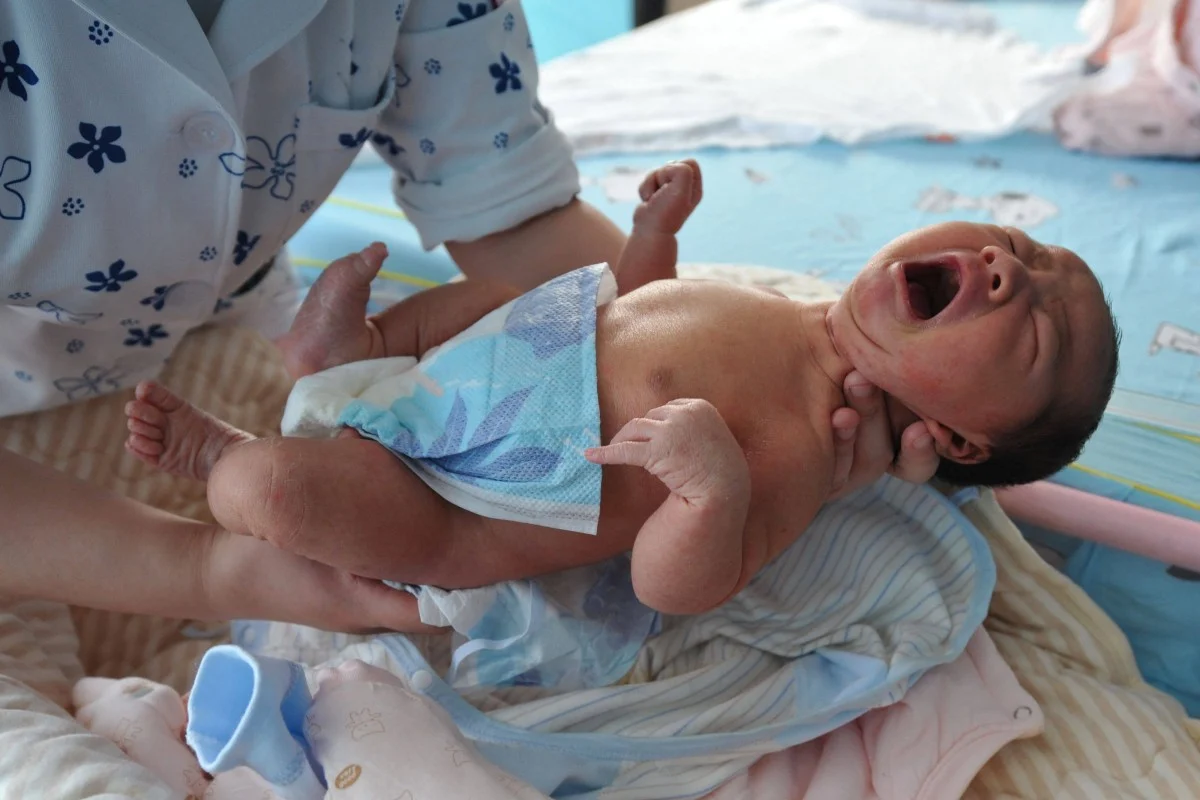This marks a significant shift from previous local initiatives, with the central government directly intervening through a national program. Previously, over 20 provinces had experimented with various forms of individual subsidies.
Economist Huang Zichun from Capital Economics stated, "This policy marks a significant step towards directly supporting families and may pave the way for larger subsidies in the future." However, he also noted that the current support level is too low to significantly impact the birth rate or household spending.
Several localities have already implemented their own financial support packages. Since March, Hohhot city (Inner Mongolia's capital) has been providing up to 100,000 CNY (14,000 USD) for each child born to families with three or more children. The first and second children also receive subsidies of 10,000 and 50,000 CNY, respectively.
In Shenyang (Liaoning), families with a third child receive 500 CNY monthly until the child turns 3. In Hangzhou (Zhejiang), couples with a third child receive a one-time payment of 25,000 CNY.
China's population declined for the third consecutive year in 2024, currently standing at 1.4083 billion people. The decades-long one-child policy not only restricted births but also profoundly altered societal views on childbirth and parenting.
 |
A nurse cares for newborns at a hospital in Fuyang, Anhui province, China, 1/2023. Photo: AFP |
A nurse cares for newborns at a hospital in Fuyang, Anhui province, China, 1/2023. Photo: AFP
The number of births in 2024 rose for the first time since 2017, reaching 9.54 million, exceeding the record low of 9.02 million the previous year. This was primarily attributed to the Year of the Dragon, considered auspicious, and the delayed effect of pro-natalist policies. However, the death rate remains higher than the birth rate, indicating that the population decline has not yet reversed.
Experts warn that the current recovery is temporary and uneven. Factors like slow economic growth, high childcare costs, intense competition, gender inequality, and social instability continue to negatively influence decisions about having children.
According to Xinhua, the new subsidy system is expected to provide broader coverage and more sustainable support, especially for low-income families. Local governments and large corporations are also implementing various incentives such as bonuses, extended maternity leave, tax reductions, and housing assistance.
The biggest challenge is the decline in marriage registrations. In 2024, only 6.11 million couples married, a 20% decrease from the previous year, reversing the brief recovery of 2023. This signals a continued population decline in the near future.
Thuc Linh (Xinhua)












